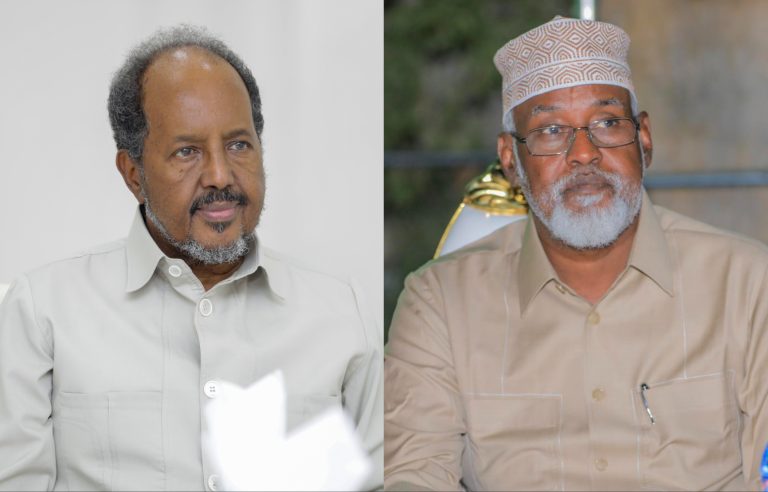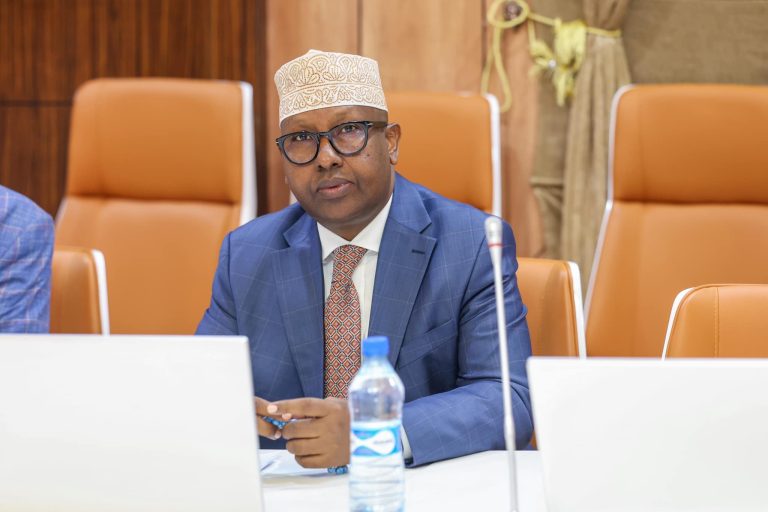MOGADISHU, Somalia – A new, scaled-down African Union peacekeeping mission in Somalia, crucial to the fight against Al-Shabaab militants, is facing a severe financial crisis from its inception, caught in a funding dispute between its principal historic backers, the United States and the European Union.
The African Union Support and Stabilization Mission for Somalia (AUSSOM), which officially launched on July 1 to replace the preceding ATMIS force, is operating without a secured budget. The impasse threatens to undermine Somalia’s fragile security gains and leaves peacekeepers in a precarious position with hundreds of millions of dollars in existing payment arrears.
The core of the dispute lies in how to fund the multinational force. The European Union, which has poured approximately €2.7 billion ($2.9 billion) into peacekeeper stipends since 2007, has grown weary of shouldering the primary financial burden.
Brussels has paused its funding, advocating for a new model where 75% of the mission’s costs are covered by United Nations assessed contributions, as outlined in UN Security Council Resolution 2719. The remaining 25% would come from voluntary donations.
However, Washington has firmly blocked this path, effectively vetoing the mechanism’s application for Somalia.
A burden on US taxpayers
The US administration, continuing a stance from the Trump administration, has resisted the UN funding model, citing concerns over a lack of accountability and potential corruption in the use of funds. The US has been a major contributor to the Somali security effort, providing around $2.5 billion since 2007.
The opposition is championed by figures like Senator Jim Risch, a ranking member of the Senate Foreign Relations Committee. He recently introduced legislation to block US funds from being used under the Resolution 2719 framework for AUSSOM.
“Funding schemes like UNSCR 2719 allow other parties to evade payment and shift the burden to US taxpayers, while giving the UN an excuse to ignore its failures,” Risch said in a statement. His proposed bill calls for stringent auditing and accountability measures before any such funding is approved.
For years, the EU has been the financial backbone of AU missions in Somalia. Its broader spending on security and development in the Horn of Africa exceeds €4 billion. But the reliance on its funds has become unsustainable, according to officials.
“The EU notes that the UN Security Council was unable to agree on the implementation of the framework established by resolution 2719,” an EU spokesperson told EUobserver, despite “broad international support” for the measure.
While the spokesperson affirmed that “the EU will continue to play its part in ensuring Somalia’s security,” the level and nature of that support remain undefined, leaving a massive hole in the mission’s budget.
Downsized mission, mounting debts
AUSSOM begins its mandate with a significantly reduced footprint. The force is composed of 12,626 military and police personnel, a sharp decrease from the 18,000 under its predecessor, the African Union Transition Mission in Somalia (ATMIS).
The mission’s projected budget is estimated at $832.5 million through June 2030. Compounding the challenge is a legacy of debt. According to reports, peacekeepers are already owed approximately $150 million in arrears from the previous mission, a situation that saps morale and strains the resources of troop-contributing countries like Uganda, Burundi, Kenya, Ethiopia, and Djibouti.
In a desperate search for funds, the African Union has appealed to Gulf powers with strategic interests in the region, including Qatar, the United Arab Emirates, and Saudi Arabia, but these efforts have yet to yield significant commitments. Other nations, including China, South Korea, and Japan, have collectively pledged a total of just $5.6 million.
This financial paralysis comes at a critical moment. The Al-Qaeda-linked Al-Shabaab group, though pushed out of major urban centers, still controls vast swathes of rural southern and central Somalia. The group remains a potent threat, continuously launching attacks against civilian and government targets.
The funding crisis jeopardizes the Somali government’s ongoing offensive, which relies heavily on the logistical and military support of the AU force.
Without a predictable and sustainable funding stream for AUSSOM, the hard-won gains against the Islamist insurgency could be reversed, potentially plunging the Horn of Africa nation back into wider conflict. The international community’s failure to resolve the deadlock leaves the future of Somali stability hanging by a thread.




























































